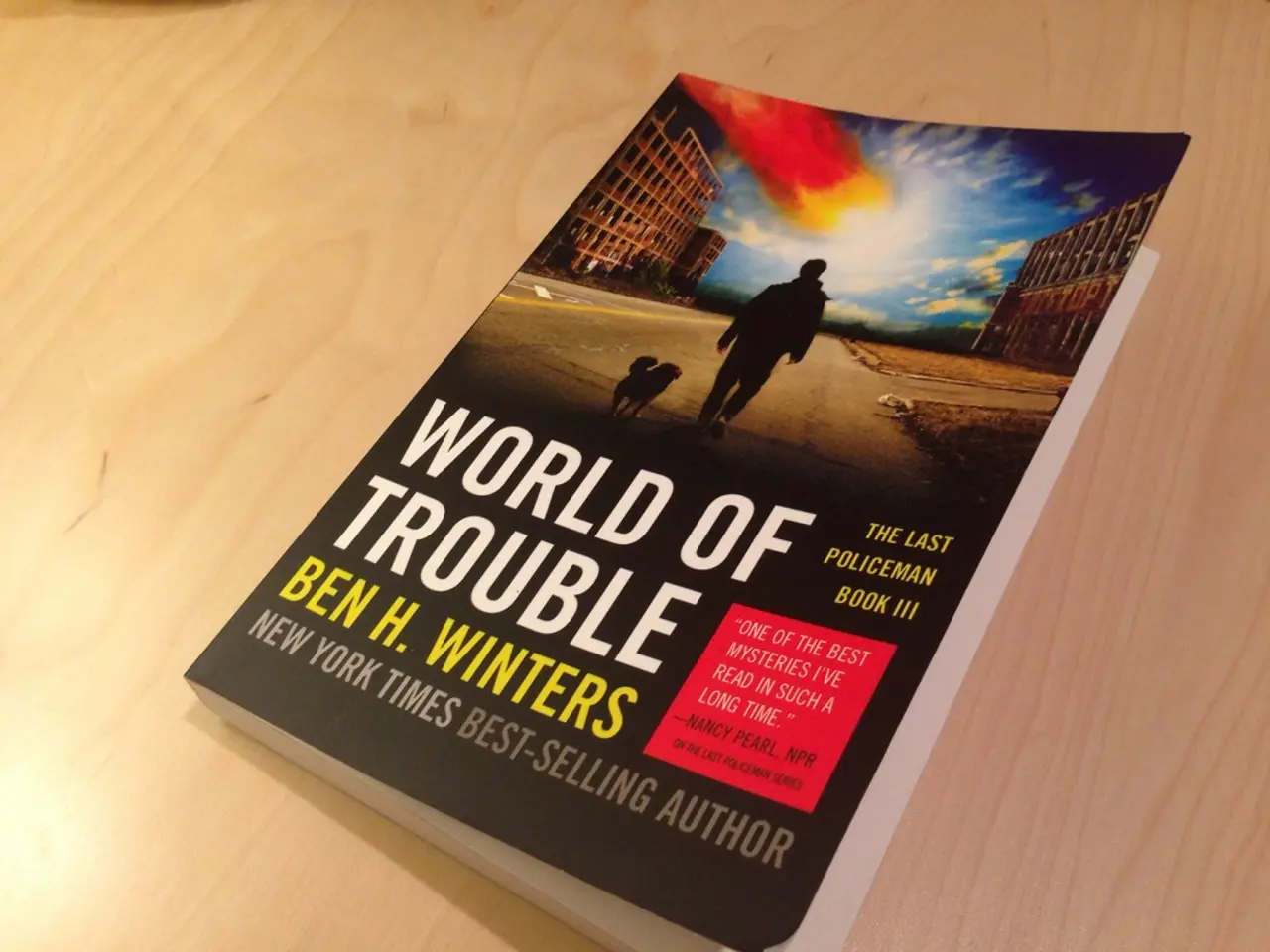Supreme Court declines to intervene in Louisiana's dispute over the formation of a second majority-Black congressional district.
Life's a Rollercoaster: The Supreme Court's Louisiana Redistricting Ride
Life's an unpredictable rollercoaster, especially when politics and race are involved. And right now, the Supreme Court is taking a wild spin on the Louisiana redistricting issue.
Last Friday, the Court delayed ruling on a second Black-majority congressional district in Louisiana, choosing instead to rehash the case in the upcoming term. This unexpected turn leaves the fate of the district, currently represented by Rep. Cleo Fields, hanging in the balance until at least fall 2025.
For those perched on the edge of their seats, the case has been a captivating spectacle. Conservative justices at the Court have subtly hinted they might slash the Voting Rights Act, making it harder to challenge discriminatory redistricting.
The controversy brewing in the Court revolves around the interplay of race and politics in the drawing of political boundaries. With a conservative-leaning bench expressing skepticism towards race considerations in public life, the outcome could shake things up significantly.
Justice Clarence Thomas, not one to mince words, voiced his dissent, advocating for immediate limits on “race-based redistricting.” The Court's reluctance to deliver a verdict could mean that the controversial district will likely persist until at least the 2026 elections.
This dance between the legislature and the Court started with the 2020 census, setting the stage for a titanic political showdown ahead of the next one. All eyes are on the Supreme Court to make a decisive call, even as they maneuver around the delicate balance between race and politics.
Meanwhile, the state of Louisiana has reimagined its election process, ditching the "jungle primary" for partisan primaries in the spring, followed by a November showdown between the party nominees. New candidates can start signing up for the 2026 primary as early as September.
The state's Republican-dominated legislature drew a brand-new congressional map in 2022 to account for population shifts, with the aim of preserving five Republican-leaning majority-white districts and one majority-Black district. Despite representing a third of Louisiana's population, Black voters demand fair representation.
Civil rights advocates aren't sitting idle. They've won a lower court ruling stating the districts likely discriminate against Black voters, but the Supreme Court has temporarily stalled the decision. The Court has also handled a similar case from Alabama, agreeing to allow both states to use their 2022 maps for the 2022 elections despite concerns of likely discrimination.
The 2024 map, however, took a different turn. The 5th Circuit Court of Appeals put the ball in Louisiana's court, setting a deadline of early 2024 to draw a new map lest they risk having a court-imposed map thrust upon them. The state rose to the challenge, plotting two majority-Black districts. But, in a twist of irony, a three-judge court ruled that race played a major role in the new map's creation, and the state appealed the ruling to the Supreme Court.
Stay tuned—the Supreme Court's ruling could reshape racial redistricting law and the enforcement of the Voting Rights Act for years to come.
- The Louisiana redistricting case, currently hanging in the balance until fall 2025, is a captivating spectacle in the realm of politics and general news, particularly concerning the intersection of race and law.
- The Supreme Court's decision could have a significant impact on policy and legislation, potentially making it harder to challenge discriminatory redistricting and thereby influencing war-and-conflicts and immigration policies.
- As a result of the Supreme Court's ruling, California elections and political structures might see changes, depending on the Court's interpretation of race considerations in public life.
- The controversy during the Louisiana redistricting process has highlighted the importance of justice in elections, emphasizing the need for fair representation, especially for minority groups like Black voters.
- The Supreme Court's future ruling could reshape California's immigration and war-and-conflicts policies, as well as influence the national discourse on race and politics, making headlines in the world of general news.






